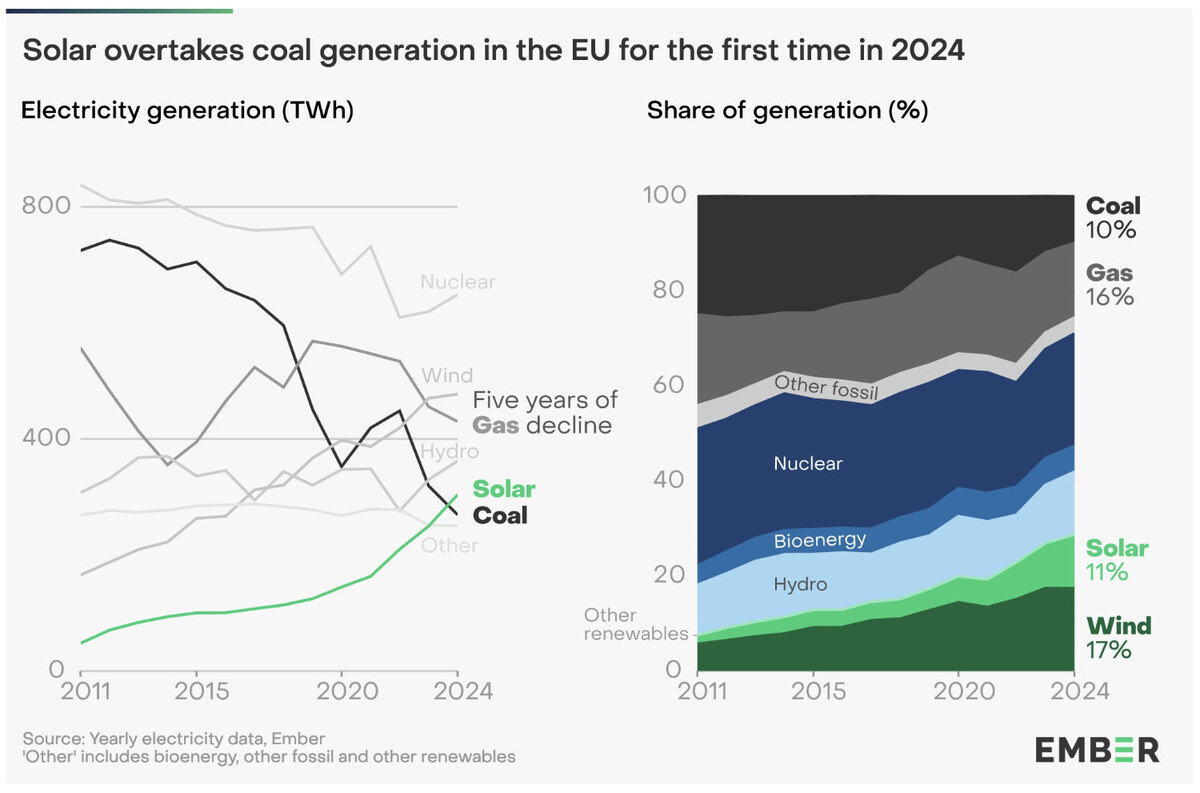NIAMEY, Niger: Military junta leaders of Niger, Mali and Burkina Faso on Saturday ruled out returning their nations to the West Africa regional bloc whose division could further jeopardize efforts to undo coups and curb violence spreading across the region.
The leaders of the three countries announced that position during their first summit in Niamey, the capital of Niger, after their withdrawal from the West Africa bloc known as ECOWAS in January.
They also accused the bloc of failing its mandate and pledged to consolidate their own union — the Alliance of Sahel States — created last year amid fractured relations with neighbors.
The nearly 50-year-old ECOWAS has become “a threat to our states,” said Niger’s military leader, Gen. Abdourahmane Tchiani.
“We are going to create an AES of the peoples, instead of an ECOWAS whose directives and instructions are dictated to it by powers that are foreign to Africa,” he said.
The meeting of the three countries that border one another came a day before an ECOWAS summit being held in Nigeria by other heads of state in the region.
Analysts said the two meetings show the deep division in ECOWAS, which had emerged as the top political authority for its 15 member states before the unprecedented decision of the three countries to withdraw their membership.
Despite efforts by ECOWAS to keep its house united, the alliance between the three military junta-led countries will most likely remain outside the regional bloc as tensions continue to grow, said Karim Manuel, an analyst for the Middle East and Africa with the Economist Intelligence Unit.
“Attempts at mediation will likely continue nonetheless, notably led by Senegal’s new administration, but it will not be fruitful anytime soon,” said Manuel.
Formed last September, the Alliance of Sahel States has been touted by the three junta-led countries as a tool to seek new partnerships with countries like Russia and cement their independence from former colonial ruler France , which they accuse of interfering with ECOWAS.
At the meeting in Niamey, Burkina Faso’s leader, Capt. Ibrahim Traoré, reaffirmed those concerns and accused foreign countries of exploiting Africa.
“Westerners consider that we belong to them and our wealth also belongs to them. They think that they are the ones who must continue to tell us what is good for our states. This era is gone forever; our resources will remain for us and our populations,” Traoré said.
“The attack on one of us will be an attack on all the other members,” said Mali’s leader, Col. Assimi Goïta.
With Goïta elected as the new alliance’s leader, the three leaders signed a pact in committing their countries to creating a regional parliament and a bank similar to those operated by ECOWAS. They also committed to pooling their military resources to fight insecurity in their countries.
At a meeting of regional ministers on Thursday, Omar Alieu Touray, the president of the ECOWAS Commission, said it had not received “the right signals” about any possible return of the three states despite ECOWAS lifting coup-related sanctions that the three nations blamed for their decision to quit the bloc.
It is not only the three countries that are angry at ECOWAS, observers say. The bloc has lost goodwill and support from West African citizens so much that some celebrated the recent spate of coups in the region where citizens have complained of not benefitting from rich natural resources in their countries.
For the most part, ECOWAS is seen as representing only the interests of its members’ leaders and not that of the masses, said Oge Onubogu, director of the Africa Program at the Washington-based Wilson Center think tank.




























